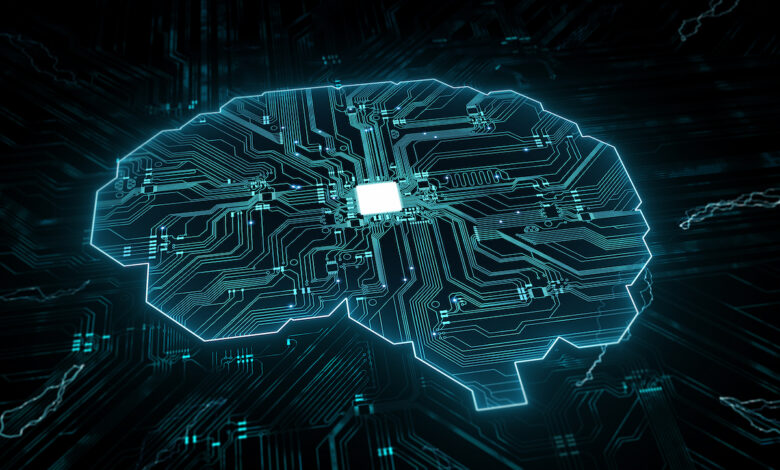Digital Agents, Quantum AI and Spy Chatbots

This week in artificial intelligence (AI) news, a company is developing AI agents that could enable more lifelike interactions between businesses and customers, and quantum computing could boost AI by applying quantum principles, potentially transforming areas like medicine and cryptography.
Neuroscience Meets AI: Altera’s New Digital Agents
A new breed of AI agents is rapidly changing how businesses interact with customers, offering the potential of computers conversing with humans in an increasingly lifelike manner. These agents are designed with a level of social intelligence and autonomy that could revolutionize industries like eCommerce and customer service.
A new player, Altera, is trying to make waves in this field. Recently, announcing a successful funding round of $11.1 million, Altera has been developing these AI agents with technology that draws on principles of neuroscience.
“The brain is the only example of a high-functioning agent we have,” Altera Co-founder Robert Yang, a former MIT neuroscience professor, told PYMNTS. “Altera’s approach to building digital humans is uniquely inspired by our academic and neuroscience background and the work we’ve done to better understand the brain holistically.”
So, what is an AI agent? It’s a software entity capable of interacting with its environment in a meaningful way, using data to not only complete tasks but also to engage intelligently and empathetically.
Quantum Leap: AI Meets Quantum Physics
Quantum computing and artificial intelligence are beginning to converge as quantum computers leverage principles of quantum mechanics — such as superposition and entanglement — to enhance the processing power of AI systems. This emerging synergy could potentially change fields like medicine, materials science, financial modeling and cryptography by solving problems currently beyond traditional computers’ scope.
Although this integration of quantum computing and AI is still in its early stages, collaborations between leading quantum computing and networking companies are accelerating progress. As research and development in this area advance, experts believe that quantum computing could significantly enhance AI capabilities, allowing machines to process and analyze data much faster than today’s computers.
“AI plus quantum computing will have potential impacts for a wide array of mission-critical services, including cybersecurity, healthcare, and finance, because of the ability to solve complex concepts,” Kristin Gilkes, global innovation quantum leader at EY Global, told PYMNTS. “EY is already exploring examples of this with partners such as SandboxAQ in the area of drug discovery, IBM in DNA Sequencing, and Dell in Optimization. For example, AI + quantum simulations can be used to probe complex molecular behavior while simultaneously testing for new drug applications and cancer treatments, significantly cutting down on R&D costs and democratizing the industry.”
Pharmacy Automation Poised to Reach $12.7 Billion by 2028
The local pharmacy landscape is changing — automation is stepping in, and it’s projected to catapult the pharmacy market to a hefty $12.7 billion by 2028. As healthcare sectors aim for greater efficiency and safety, integrating advanced technologies is becoming the norm, transforming how pharmacies operate.
This growth is fueled by several factors, including increased prescription volumes, the need for efficient packaging and labeling, and a significant push toward reducing medication errors. Pharmacies of all sizes are adopting artificial intelligence (AI) to enhance operations and improve the patient experience.
A report from BCC Research indicates that the inpatient sector dominates this market, driven by the necessity for both efficiency and safety in hospital pharmacy settings.
Microsoft Unveils Top-Secret AI for Intel Agencies
Even spies are using chatbots these days. Microsoft has developed a generative AI model tailored for U.S. intelligence agencies, marking a significant advancement in artificial intelligence applications, Bloomberg News reported. According to Microsoft officials, this new AI is a large language model (LLM) designed to operate entirely offline, ensuring it remains isolated from the internet. According to a Bloomberg report, most AI models typically use cloud services to analyze data, but Microsoft has developed a more secure system for U.S. intelligence agencies. Intelligence officials are seeking AI tools to handle sensitive data, building on a ChatGPT-style service for unclassified information introduced by the CIA last year.



